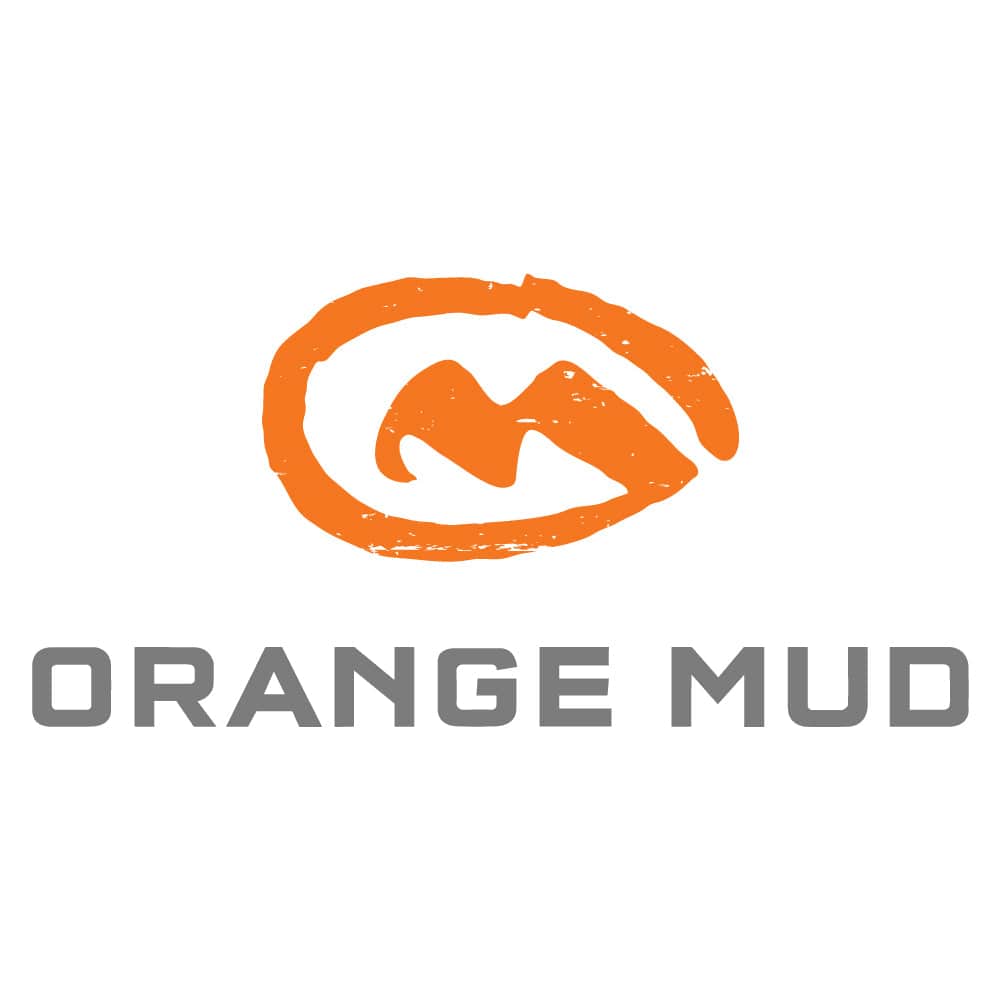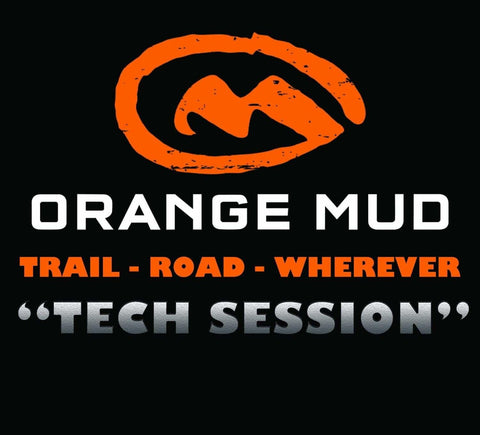When it comes to choosing the right material for your hydration packs and running vests, understanding the differences between various types of fabrics is crucial. Materials like 200d vs 600d polyester, 600d vs 420d, and 420d nylon vs 600d polyester each have their own unique properties that can affect durability, weight, and performance. For instance, 400d vs 600d fabric choices can influence the overall weight of your gear, while 40d vs 70d nylon can determine the flexibility and strength of the material.
Additionally, knowing what does 420d nylon mean can help you make an informed decision when selecting your gear. The comparison between 1680d vs 600d materials is also essential for those looking for the highest durability in their equipment. Understanding these differences ensures that you choose the best possible gear to enhance your athletic performance and comfort.
We love to play with materials in our hydration packs and lifestyle gear. Frequently questions come up about what the heck Nylon 1000D, 1680D, 210D, 70D, etc stands for. So here you go, all focused on Nylon materials in this case.
Tech of the big D
The "D" stands for "Denier". Denier is simply a unit of measurement which describes linear mass density in a given material. It's calculated by mass in grams of a single 9000 meter strand. Weird right? A single strand of silk is approximately 1 denier. Therefore a 9000 meter strand of silk weighs roughly 1 gram.
1 denier = 1 g / 9000 m
So how about that? 5.6 miles of silk weighs 1 gram. Hard to imagine? For comparison, a human hair is 20 denier. So 5.6 miles of a human hair will weigh 20 grams.
Ok, so now what?
A low denier count in fabrics tends towards light, smooth, silky, sheer, and likely soft. A high denier count tends to be sturdy, thick, and more durable. Tents often use a 30d or 70d material for lightweight, breathable, and packable design intents. Many lightweight packs use anywhere from 30D to 600D with the most common typically ranging from 70D to 400D. This ensures a lightweight pack that is reasonably durable too. Heavyweight multi day packs often use 600D to 1000D nylon for maximum durability realizing weight will be an increased factor.
So what does Orange Mud Use?
Hydration Packs - 400x300D, 400D
When it comes to hydration packs, ours are focused on high performance, stable on your body, and light. Rather than using a lightweight 70D like what is common in the market, we instead focus on a more durable material, 400x300D Ripstop Nylon. Its diamond pattern is designed to take a beating and isolate tear resistance to it's own cell. The weaving of fibers into this pattern is what makes the "Ripstop" designation. This helps greatly with rips and tears in the fabric and though a tad more grams than 70D, we find that the added strength and durability makes it a superior product.
Gym Bags, Every Day Carry Packs, and Lifestyle Packs - 200D, 600D, 1000D, 1680D
We frequently use Nylon 1000D and Nylon 1680D in our lifestyle packs. 1000D is the standard in the industry for tough bags. 1680D takes a step up in feel and strength, originally being designed for fighter pilot flak jackets to take shrapnel. Neither are light, but we like the feel of it as the higher Denier count means the fabric holds it's shape, is more durable than lighter fabrics, and will generally last longer in abrasive environments like the gym locker, airplane storage, etc. We occasionally use 600D and 200D in our general purpose bags which is still a very tough material, but more economical in price. The 200D is often used as a lining, non weight bearing, or non-abrasive surfaces.
Keep in mind this is in relation to Nylon materials. When you compare Nylon to Polyester, Nylon is stronger. So a 400D Nylon is stronger than a 400D Polyester. A 420D Nylon is even stronger than a 600D polyester! So always use Nylon right? Actually, not necessarily, but that will be in the next Orange Mud Tech Session...
So there you are, a brief summary on Denier in relation to nylon pack materials!
Cheers!
Josh
Josh Sprague is the designer and CEO at Orange Mud. Designing packs and other gear is at the heart of his passions and Orange Mud as a brand. Making packs that are light, fast, functional, and always important, durable....is a major focus in his designs.

